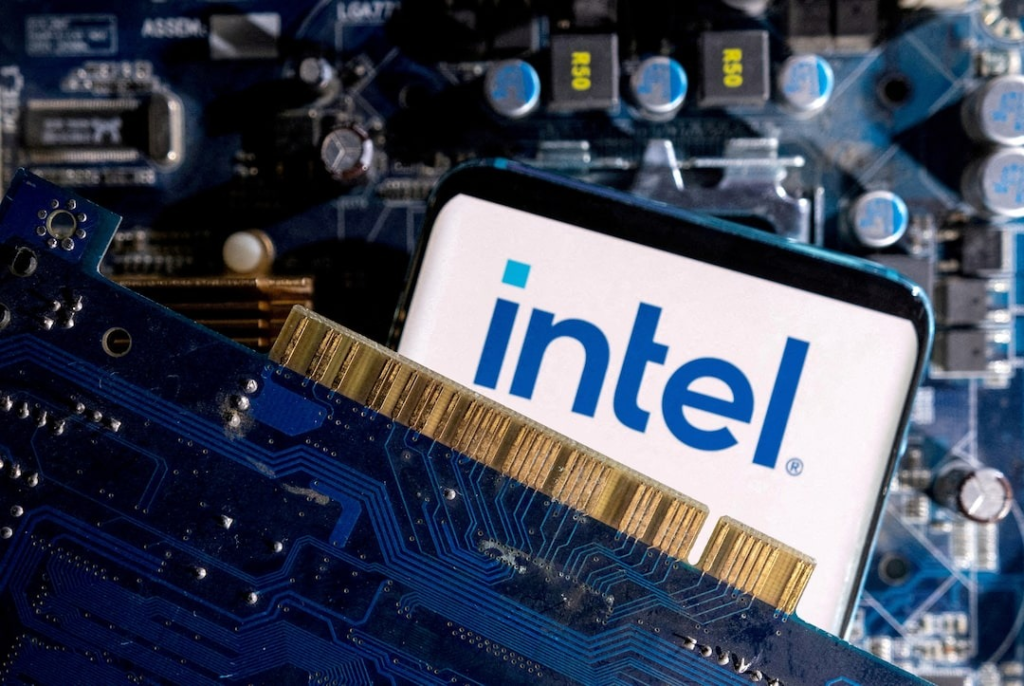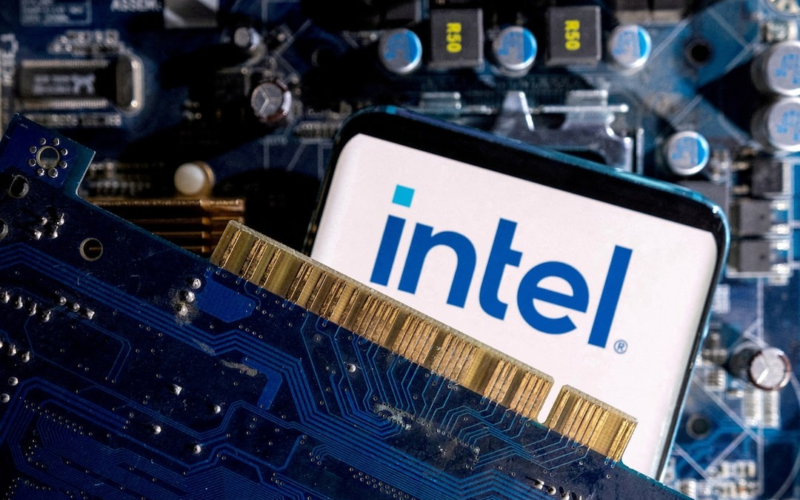On September 20, U.S. media reported that chip company Qualcomm had approached Intel in recent days and made an offer to acquire the competitor.
CNBC, citing sources close to the matter, reported that it is still unclear whether Intel has begun negotiations with Qualcomm or what the specific terms might be. The Wall Street Journal also revealed that this deal is not yet certain.
Even if Intel wants to negotiate, the deal is likely to attract attention from antitrust authorities. To complete the merger and acquisition (M&A), Qualcomm might have to sell off some of Intel’s assets or business units to another company. However, observers believe that U.S. regulators might also see this deal as an opportunity to strengthen America’s competitive advantage in the global chip industry.

Intel was once the largest chip company in the US. Photo: Reuters.
Intel’s stock surged after this news. By the close of trading on September 20, its shares had risen by 3%. In contrast, Qualcomm’s stock fell by 3%.
If successful, this would be one of the largest mergers in the tech industry to date. Intel currently has a market capitalization of $90 billion. Once the world’s largest chipmaker, Intel has declined in recent years, gradually being overtaken by competitors such as Nvidia, Qualcomm, Broadcom, Texas Instruments, and AMD. They also missed out on the AI wave that is gaining global attention.
Last month, Intel’s stock experienced its biggest drop in over 50 years after the company released disappointing financial results. The stock has fallen by 53% this year as investors doubt the company’s expensive chip design and manufacturing plans. Earlier this week, Intel CEO Patrick Gelsinger announced intentions to make heavy investments in the chip foundry sector, which could cost $100 billion over the next five years.
Qualcomm and Intel currently compete in several sectors, including chips for PCs and laptops. However, unlike Intel, Qualcomm does not manufacture its own chips but outsources production to companies like TSMC and Samsung.
Qualcomm’s revenue is currently lower than Intel’s. In fiscal 2023, Qualcomm earned $35.8 billion, compared to Intel’s $54.2 billion.
The potential deal between Qualcomm and Intel will be complicated due to antitrust and national security concerns. Both companies have business operations in China and have previously seen deals blocked by Chinese antitrust regulators. Intel failed in its attempt to acquire Tower Semiconductor, while Qualcomm had to abandon its deal with NXP Semiconductor.
Admin.

